Examining SHRM Practices Impact on Talent Retention and Succession
VerifiedAdded on 2023/06/10
|5
|795
|297
Project
AI Summary
This research proposal explores the impact of Strategic Human Resource Management (SHRM) practices on talent retention and succession planning within the hospitality industry. The study aims to identify the chief reasons behind employee attrition and determine the most effective SHRM tools for retaining talented employees. The research will employ a qualitative data collection method, analyzing relevant literature and conducting open-ended interviews with managers of well-known restaurants in the UK. The proposal includes a literature background discussing the importance of SHRM in retaining skilled employees, an industry background highlighting the high attrition rates in the hospitality sector, and a detailed research methodology, ethical considerations, and a timescale for completion. The research seeks to provide insights into how SHRM can support the development of new leaders and improve organizational performance in a competitive global environment.
1 out of 5
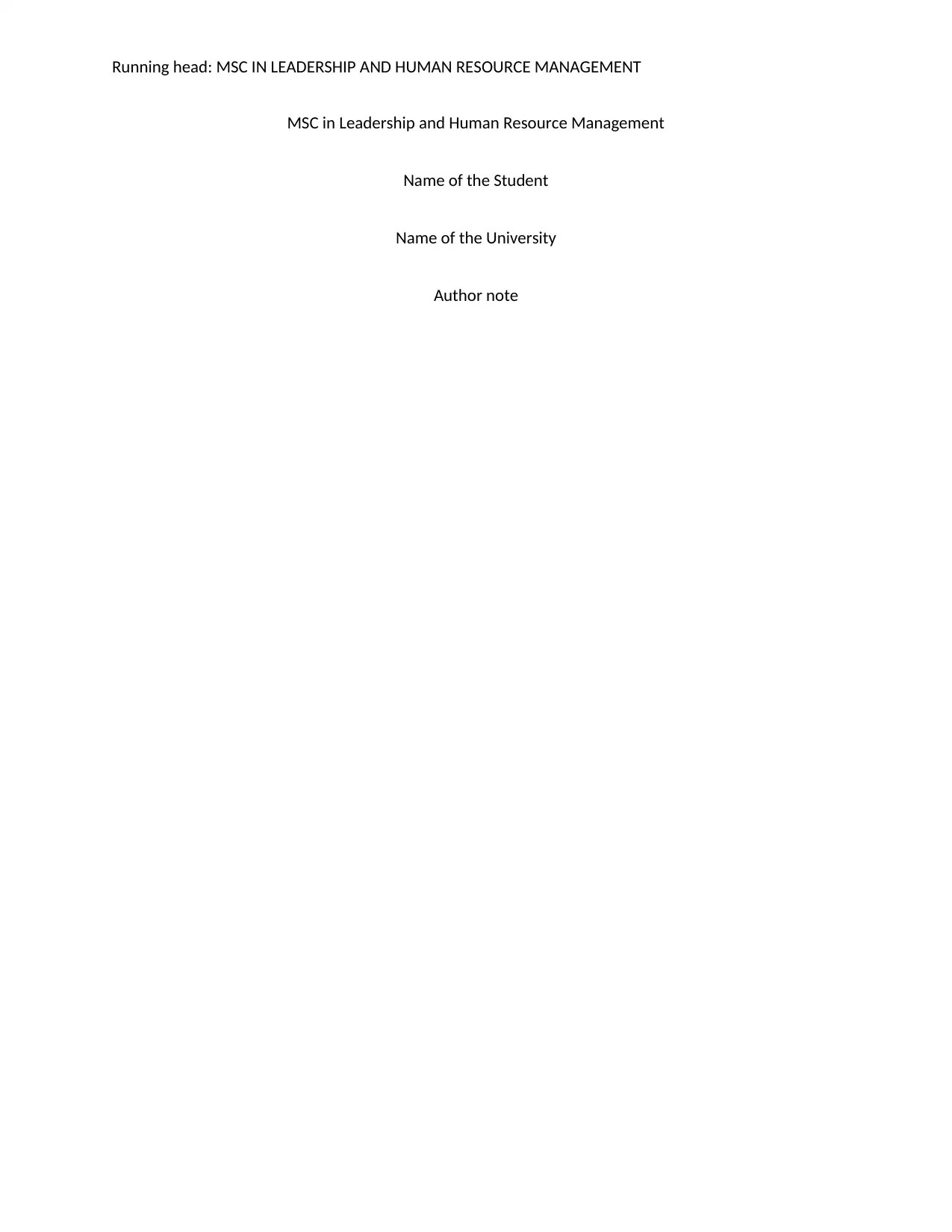
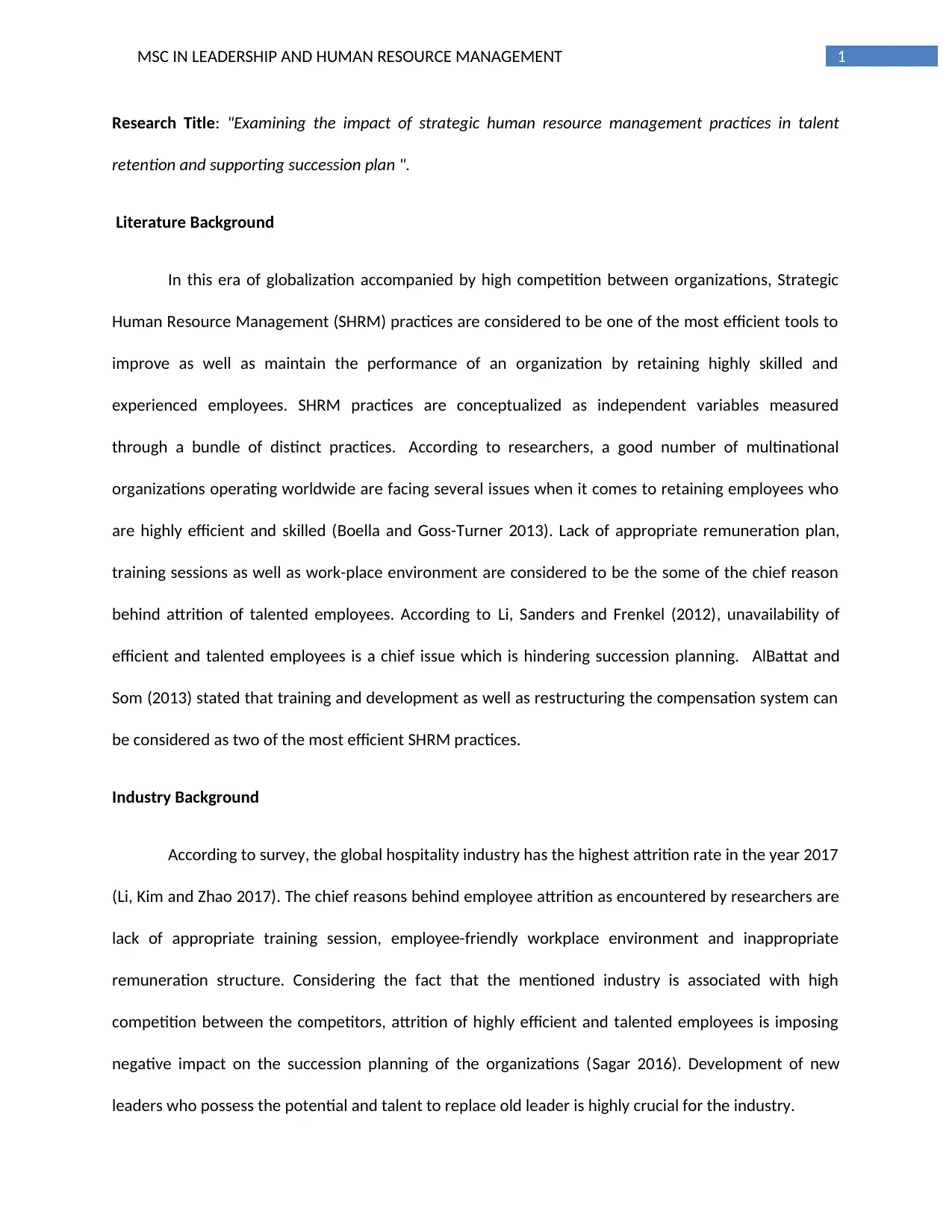
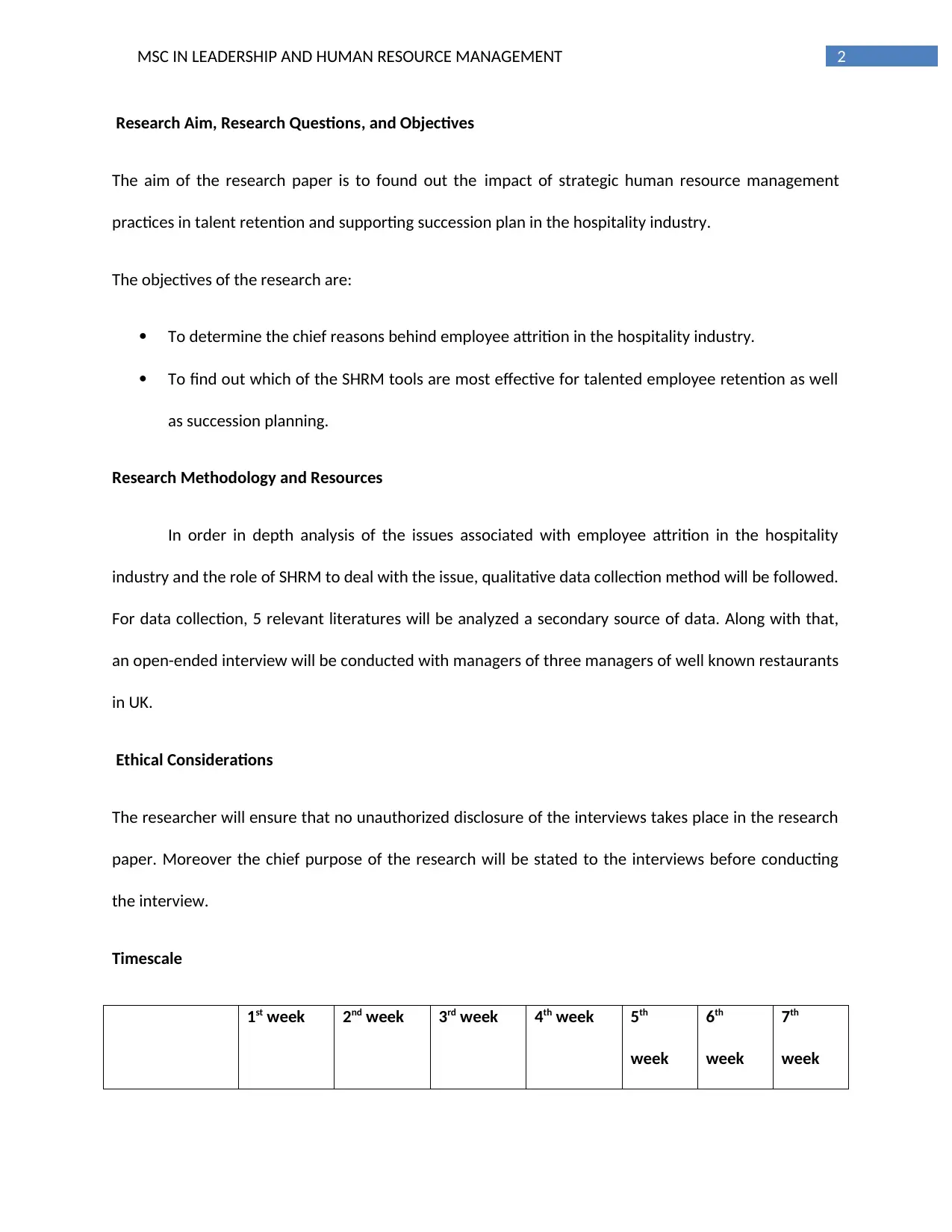

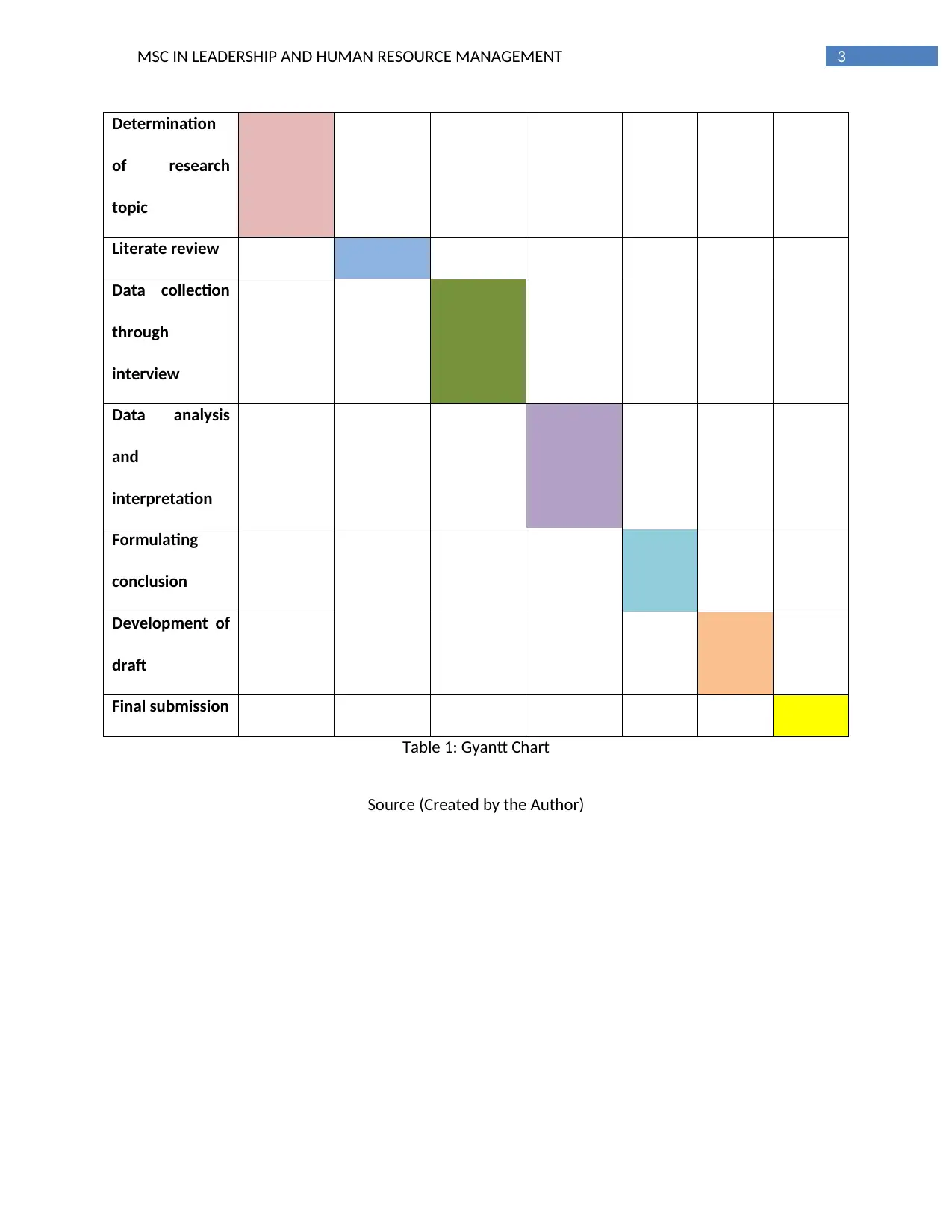
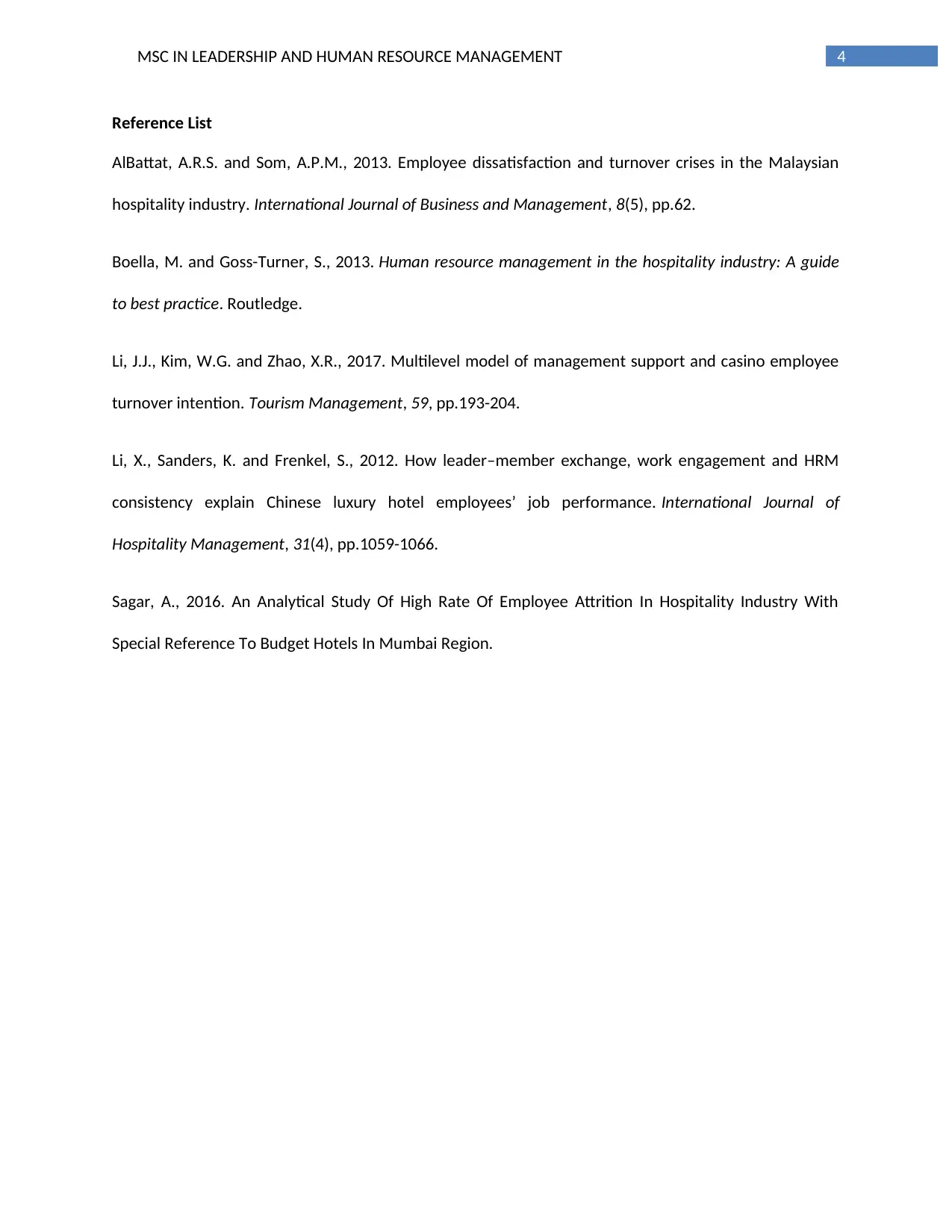






![[object Object]](/_next/static/media/star-bottom.7253800d.svg)